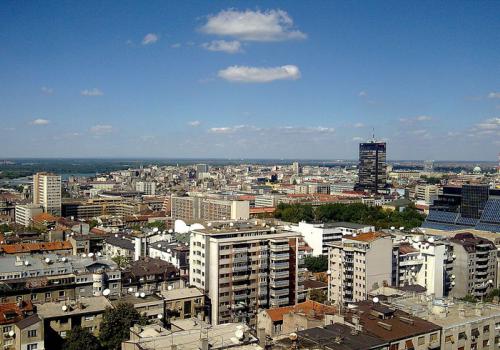Serbia should prioritise reforms of its public enterprises to make them financially sustainable and to improve their corporate governance, the World Bank said. The Serbian government should also reconsider the effectiveness of its anti-inflationary measures and prepare a legal framework for providing assistance to the most vulnerable energy customers, the World Bank said in its latest Western Balkans Regular Economic Report on Monday. Serbia's economic growth is projected at 3.2% in 2022, the World Bank noted, adding that potential problems with energy supply and the negative impacts of the poor agricultural season could further slow economic growth. In early 2022, Serbia's state-owned power utility Elektroprivreda Srbije (EPS) faced electricity production difficulties due to insufficient supply of coal and accidents at its Nikola Tesla B thermal power plant. EPS swung to a net loss of 49.255 billion dinars ($355.4 million/360.4 million euro) in the first half of 2022 from a net profit of 11.211 billion dinars in the like period of last year.
Other risks which could impact Serbia's economy in 2022 are continuing inflation, increasing fiscal deficit and widening public debt-to-GDP ratio, the global lender noted. Serbia's average annual inflation is expected to reach 11.5% in 2022, according to the report. The country's public debt is seen narrowing to 52.8% of GDP in 2022, before it increases to 53.2% in 2023. Serbia's public debt-to GDP ratio stood at 53.9% at the end of 2021. Serbia's gross domestic product (GDP) increased by 7.4% in 2021.
